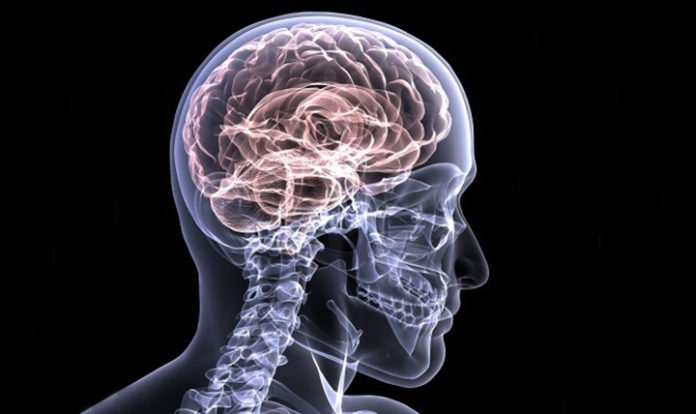Childhood trauma may make depression in later life severe and recurrent, shows study
Early life trauma may affect the structure of the brain in a way that makes clinical depression more likely to be severe and recurrent. This is the finding if a two-year observational study of 110 patients published in The Lancet Psychiatry journal.
Previous studies have suggested an association between maltreatment and altered brain structure, while others have identified an association between maltreatment and major depressive disorder. This is the first study that directly establishes a link between maltreatment experiences, brain structural alterations and clinical course of depression. It is also the first to shed light on the physical changes to the brain that might be involved. So-called “limbic scars” have been identified in patients before, but they have taken a different form to the alterations seen in the new research.
Results from MRI images suggest that both childhood maltreatment and recurring depression are associated with similar reductions in surface area of the insular cortex – a part of the brain believed to help regulate emotion and self-awareness
All participants in the current study, aged 18 to 60 years, had been admitted to hospital following a diagnosis of major depression and were receiving inpatient treatment. They were recruited to the study between 2010 and 2016. The severity of their symptoms was assessed using questionnaires and interviews at two time points (at the time of initial recruitment and at a two-year follow-up visit) and all participants underwent a structural MRI scan at recruitment. The presence and level of childhood maltreatment was also assessed via a questionnaire.
Results from MRI images suggest that both childhood maltreatment and recurring depression are associated with similar reductions in surface area of the insular cortex – a part of the brain believed to help regulate emotion and self-awareness. The findings suggest that the observed reduction could make a future relapse more likely. Childhood maltreatment is one of the strongest risk factors for major depression.
“Our findings add further weight to the notion that patients with clinical depression who were mistreated as children are clinically distinct from non-maltreated patients with the same diagnosis,” says Dr Nils Opel from the University of Münster, Germany, who led the research. “Given the impact of the insular cortex on brain functions such as emotional awareness, it’s possible that the changes we saw make patients less responsive to conventional treatments. Future psychiatric research should therefore explore how our findings could be translated into special attention, care and treatment that could improve patient outcomes.”


